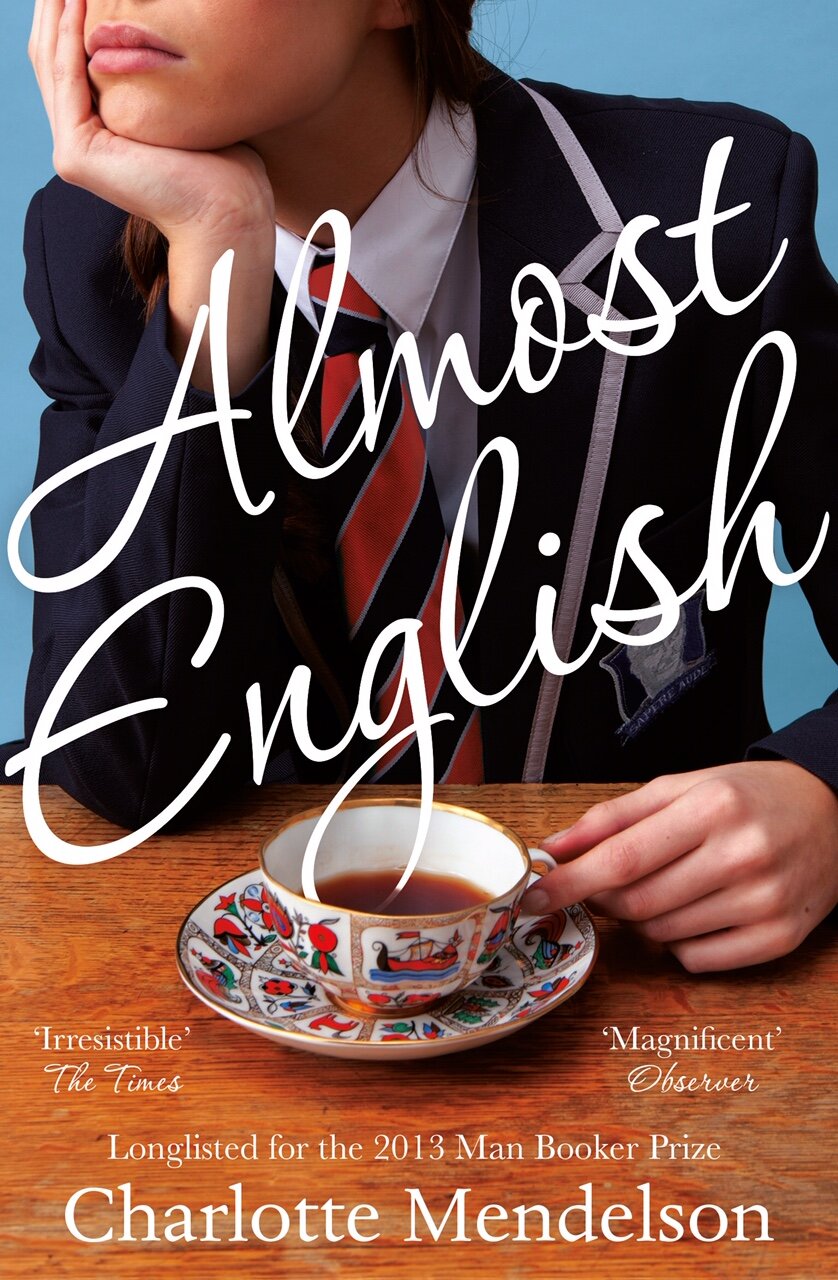Almost English


“The air stinks of tuberose, caraway and garlic: the universal scent of central European hospitality. But Marina is not hospitable. After only an hour her skin is tender with cheek pinchings; she has been matchmade, prodded and instructed beyond endurance, and the night is young. Soon they will come to find her, to admire the shape of her fingernails, the thickness of her lashes, their eyes peeling back her clothes, weighing her like fruit. This is not new. She has been brought up to accept the questions and kisses as if nothing could please her more, however much lava is boiling inside.”
Praise for Almost English
‘A mastery of narrative craft...she can take risks and get away with it. There are moments of subtle lyricism, best of all when Frances, hopeless as a new mother and step-mother, comes, like a frozen statue, slowly, hopefully back to life...Nothing here is overwritten. This is not a book about faiths in London or multi-culturalism. Engrossing…emotional depth and stylistic boldness’
— Olivia Cole, LITERARY REVIEW
‘Mendelson's novels inhabit similar territory to those of Maggie O'Farrell, with the same capacity for extreme noticing, the same profound emotional intelligence shaping the characters and driving the narrative’
— OBSERVER
“‘The multi award-winning Charlotte Mendelson is famous for whipping up the hottest, messiest, family dramas a writer of literary fiction can . . . Her angst will ring toe-curlingly true for anyone who has tried to forget the years 15 to 18. It’s an itchy, humiliating, lusty, desperate time and Mendelson depicts it with such immediacy that you will swear you can smell Clearasil . . . a delicious jumble of tragi-comedy that should ensure an easy jump from the Booker longlist to the short. This is late Shakespeare meets Modern Family and it’s irresistible”
— THE TIMES
“Mastery of narrative...pure joy”
— FINANCIAL TIMES
“Exotic, magnificent and just a little bit sinister, it is the Hungarian characters who take over this beautifully written novel . . . Mendelson’s novels inhabit similar territory to those of Maggie O’Farrell, with the same capacity for extreme noticing, the same profound emotional intelligence shaping the characters and driving the narrative. But Mendelson’s world is sharper, her sense of the world a little more cynical. Almost English has been longlisted for this year’s Booker; it deserves to win for the quality of the writing alone . . . Almost English is a delight. Beautifully written, warm, funny and knowing, it manages to seize an entire slice of Europe for itself, a vast empire full of new and interesting questions about how close, and how far apart, all these postwar worlds have made us. Above all, it is written with love. And good food”
— OBSERVER
“A little masterpiece...wonderful”
— GUARDIAN
“A hugely gifted writer”
— SUNDAY TIMES
‘Written with tremendous authority, insight, humour and even wisdom...convincing and moving...funny, absorbing and certain to linger in the imagination’
—SPECTATOR
“Charlotte Mendelson is much admired by the cognoscenti and ALMOST ENGLISH ought to be a bestseller. The account of a girl from a family of Hungarian aunts, dealing with love and old lechers at a ghastly boarding school in the 1980s, is sheer bliss — pure rueful comedy with endless resourcefulness . . . I adore her novels and wish there were many more of them . . . The [Booker] shortlist should comprise McCann, Tóibín, Mendelson, Crace, House and Catton. House’s novel is the one you ought to read, and Mendelson’s the one that everyone will read and love”
— PHILIP HENSHER, SPECTATOR
Related
It began as a love-letter to my grandparents; they were such a part of my life, so brave and idiosyncratic, so comically foreign yet proudly British, and I wanted to memorialise them. At the same time, I wanted to write about very English preoccupations - class, money, snobbery.
When Picador.com asked me to write a brief post about a woman who had inspired me, for International Women's Day, I probably should have done what the other authors did: thought of a strong creative heroine, a poet or an artist. But, for me, a quite different woman sprang immediately to mind.
I wanted them closer to me by writing about them. I wanted to ask them questions I couldn’t when they were alive as it would have upset them. They were from a cultural generation where pain, death, financial worries and terrible things were taboo. In my grandparents’ case it was the Holocaust.



Sometimes one develops a new interest, a passing fancy: breadmaking, say, or salsa dancing, or writing novels. And, like most lovely things in life, soon the urge passes, and calmness reigns once more.